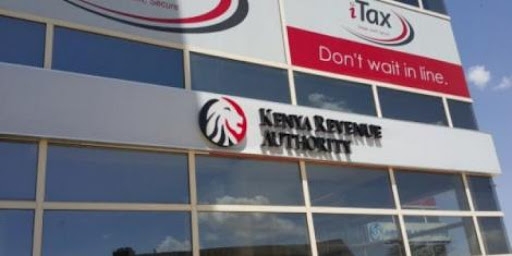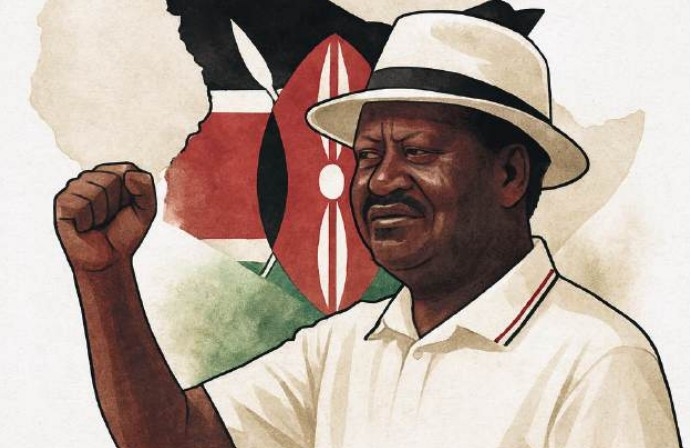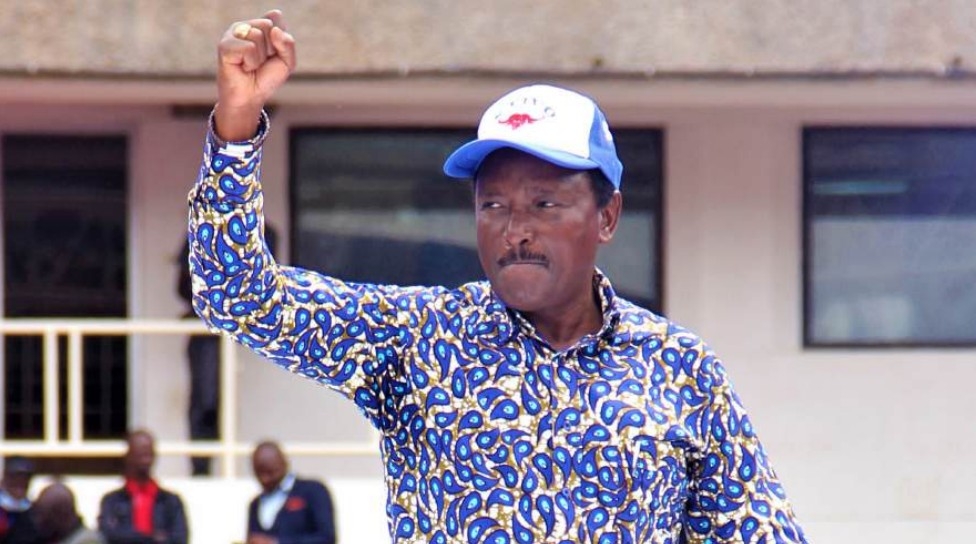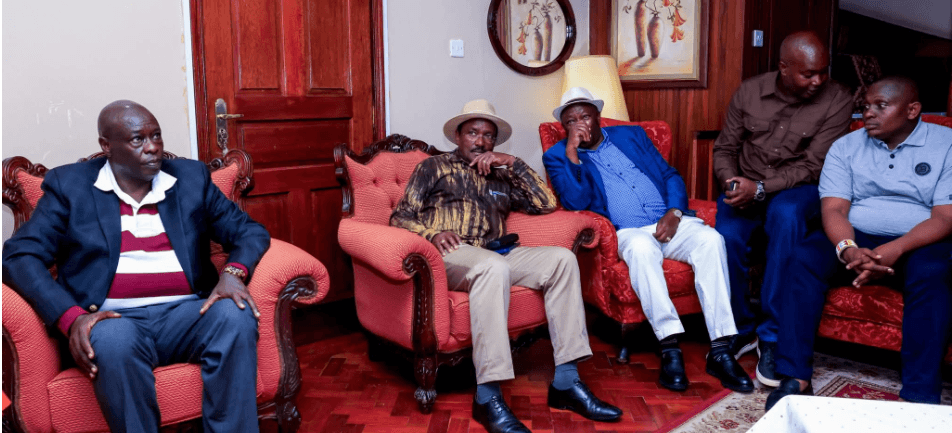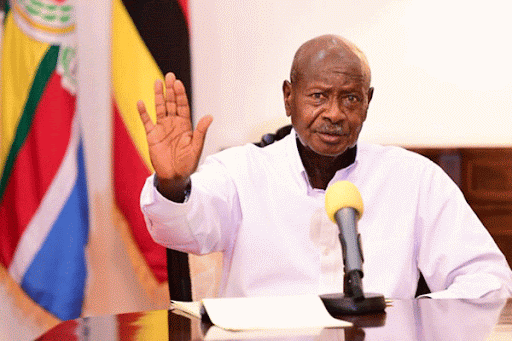Economic experts have warned of a bleak future for Kenya’s economy, despite the eased restrictions to contain Covid-19.
The experts say it would take longer than usual for the economy to get back on its feet despite President Uhuru Kenyatta having reopened the country in July.
The Parliamentary Budget Office (PBO) reasons that the containment measures put in place by the government to curb the spread of the virus have caused an economic burden.
The team says the night curfew, ban on public gatherings, work-from-home directive, and travel bans caused a significant decline in economic activity.
It said that trouble follows the virus’ adverse effects, mainly on the transport sector, recreation, tourism, hospitality and accommodation. Reiterating the place of the hospitality industry in Kenya’s economy, the PBO warned that the estimated Sh85 billion losses in the sector would be felt for long.
Worse still, the sector — said to account for 60 per cent of Kenya’s working population — is projected to recover by only 30 per cent between July and December this year.
The warning shot is that mass lay-offs, cancellation of supply tenders, and consequent loss of tax revenue for the government may take longer to recover.
The PBO, in its half-year economic update to Parliament, concluded that the situation will only improve if the pandemic doesn’t worsen.
“The phased reopening of the economy, as was from early July, could improve the performance of some sectors, albeit slowly,” the experts concluded.
The PBO is headed by Phyllis Makau. Others officials are Martin Masinde (head of Macroeconomic Analysis and Statistics department) and Robert Nyaga (head of Budget Analysis and Expenditure Review department).
Regular contributors are Millicent Makina, Fredrick Muthengi, Abdirahman Gorod, Danson Mkonu, Chacha Machage, Julie Mwithiga, Edison Odhiambo and Abdinasir Moge Yusuf.
“The performance of the second half of 2020 is expected to be lower than the performance in the same period of 2019,” said the team, which in February warned that the country’s economy had been punctured.
The PBO, in its current outlook, cited the Markit Stanbic Purchasing Managers Index (PMI) of below the threshold of 50 from January to June, with the lowest of 34.5 in April.
“A PMI below 50 denotes deterioration of business activity,” the experts said, further cautioning that the performance of the food sector remains uncertain.
“There are risks emanating from the likelihood of desert locust upsurge, as well as projected below-average rainfall for the October-to-December short rains season.”
According to the experts, food security outcome in urban areas may worsen because of declining incomes, particularly among urban poor households on account of reduced economic activity.
Added to this woe is the projection that inflation is expected to increase on account of increased fuel prices.
“Fuel is a major component in production and transportation and thus will drive up the price of goods due to increased costs,” the PBO said.
They further project that accommodation and restaurant facilities will continue operating at a lower capacity, especially those that depend on international tourists.
“International tourism may not pick in the second half of the year,” PBO said, adding that low consumer spending remains a setback to the wholesale and retail sector.
The PBO further forecasts that owing to low tourism inflows, the value of the Kenyan shilling is expected to decline further as importation picks up.
The grounding of international flights is said to have also negatively affected the Kenyan export market adversely. Horticulture and flower exports are estimated to have lost Sh384 million a day during the lockdown period.
The office further reveals in the report that the government may have surpassed its domestic borrowing target, hence risks crowding out the private sector.
“The private sector credit will be negatively affected given the increased borrowing by the government, hence hampering private sector growth.”
The net domestic borrowing amounted to Sh367 billion against a target of Sh233 billion by the end of June.
Reduced economic activities have also had a hit on revenue collection, especially with tax rate cuts and tax reliefs to cushion Kenyans against adverse effects of Covid-19.
By the end of March this year, revenue collection was below target by Sh204.8 billion, with a total collection of Sh1.33 trillion against a target of Sh1.54 trillion. Total expenditure was Sh1.87 trillion against a target of Sh2.03 trillion owing to low absorption of foreign travel cash.




![[PHOTOS] Ruto dazzles in colourful maasai outfit](/_next/image?url=https%3A%2F%2Fcdn.radioafrica.digital%2Fimage%2F2025%2F11%2F8ccfbfe5-a43a-49b3-88f4-b99a41be4594.jpeg&w=3840&q=100)

